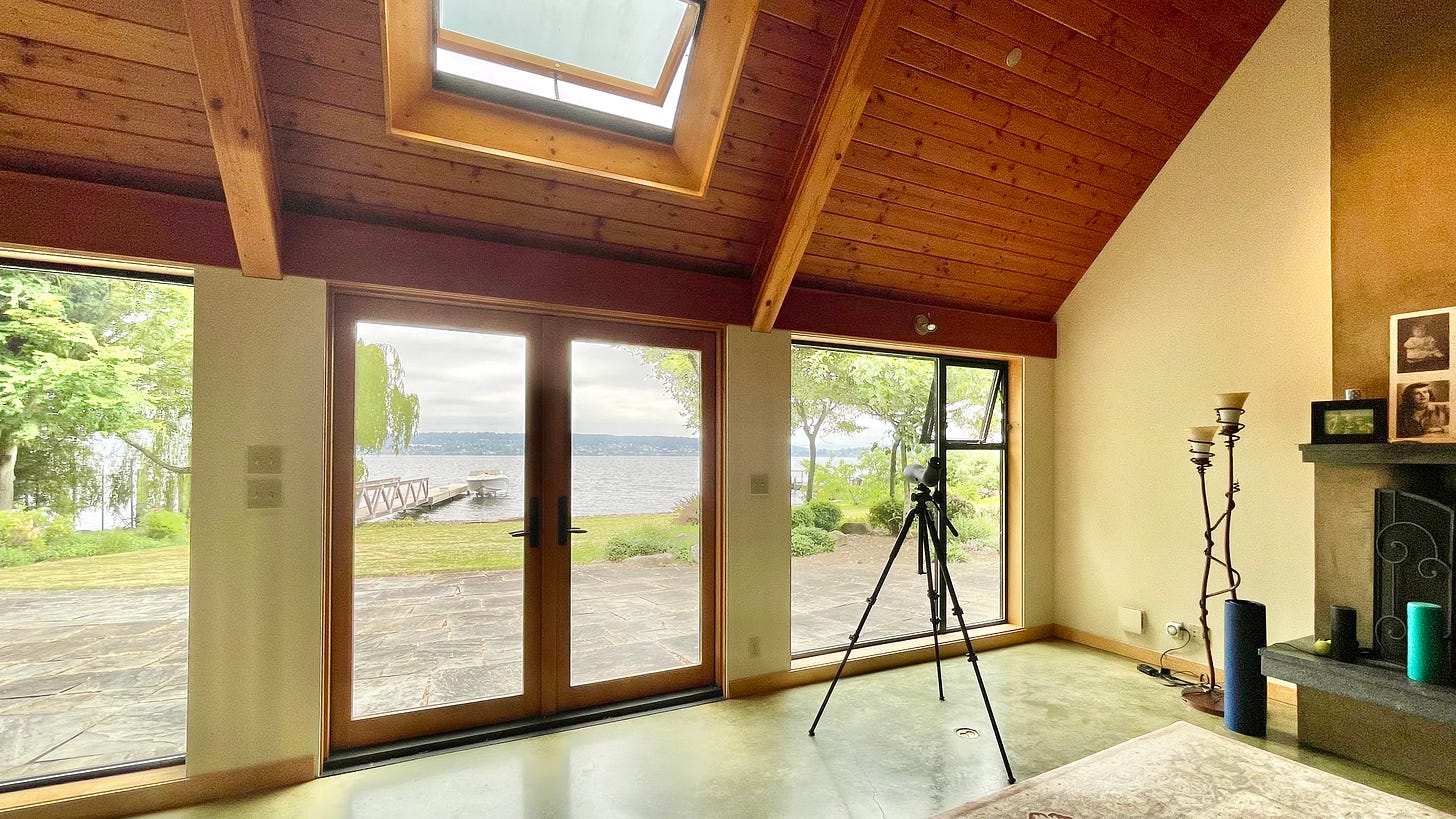I once met the Muji-est man in America in a library in Golden Gate Park.
The Japanese household goods retailer, once it learned of him, dispatched researchers from Tokyo to photograph and study his apartment like anthropologists observing how the North American breed of Homo sapiens adapted their products for Western living. A Scandinavian designer by background, he was recovering from slowly and unknowingly poisoning himself during the pandemic.
Alone in his apartment, he discovered nutritional yeast tasted a lot like cheese—except it was supposed to be healthier (less caloric). Free cheese!
By the time he noticed symptoms of Niacin overdose, he had been consuming 1000x the recommended upper intake limit of B3 every day for months.
“I’m glad you’re still designing,” I offered in consolation.
He nodded, helpless.
“It’s all I know.”
Apparently, you don’t become the Muji-est man in America by being lukewarm about design. You live it. Design for him is not a decision but a compulsion, an obsession. For the rest of us less-preordained creatures, we have to (get to) make conscious choices.
The emotional molecule ambition has many atoms, one of which is dissatisfaction.
Ambition is highly adaptive for achievement, ambiguously correlated with satisfaction, and arguably antithetical to happiness. From Naval:
Desire is a contract that you make with yourself to be unhappy until you get what you want.
In college, my Theory of Finance professor asked us to raise our hands if we’d be willing to shave one year off the end of our lives if it meant we could achieve a meaningful career milestone sooner. Say, Managing Director by 30.
In a seminar-style class of twelve, all hands shot up.
“What about two years?”
“Five?”
“Ten?”
How much are you willing to give up to pull the future forward? At what marginal cost?
“The reality is, if you’ve ever pulled an all-nighter for a class, you’ve already made a lightweight version of this trade-off. Many of you will go on to demanding jobs and continue to burn the midnight oil for your careers. Learn to recognize the trade-offs implicit in every choice. Your discount rate for the future is a choice.”
What’s the time value of your happiness today?
There’s a saying in options trading that it’s not whether you took the right position (i.e., the right side of a trade); it’s theta that kills you. Theta represents time decay.
For 99.99% of us, the only lives we’ll touch are the ones who are here with us now, living in the same tiny blip along the same spectrum of time. It's not the grand gestures that define us, but the mundane moments woven into every day: the steady hand behind the wheel, the quiet perseverance in the face of disappointment, the seemingly insignificant choices that add up to a life well-lived.
Then, there are milestones which simply cannot be pulled forward, no matter how hard we sprint at them. Nine pregnant women cannot have a baby in one month, as Buffett famously wrote in Berkshire’s 1985 shareholder letter.
I’ve come to think of life less like a sprint (or even a marathon) and more like planting seeds in a garden. One day, long after we’ve forgotten where we plowed the soil or potted our plants, we’ll look out and realize the entire landscape is in full bloom.





